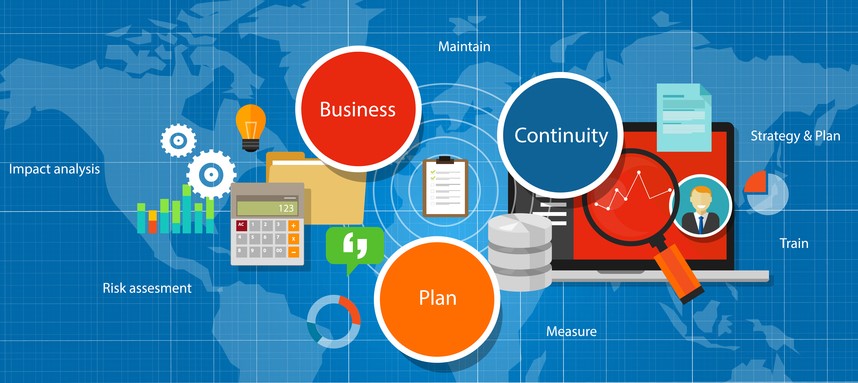Organisations today continue to face an ever-evolving set of challenges in order to remain both relevant and resilient in the environment in which they operate. Rapid shifts in technology, client expectations and products are one thing, but then overlay this with a constantly changing legal, legislative and regulatory environment, and it seems that we are always trying to play catch up.
4 Things to Consider When Choosing Business Continuity Software
When it comes to risk management, there are numerous terms that get thrown around and the world of business continuity is no different. While every organisation should prioritise business continuity (BC) as it is essentially a framework that ensures your business is prepared to survive the unexpected, all these terms can make the process of building a business continuity management (BCM) plan overwhelming and intimidating.
The key to successful Business Continuity Management (BCM) is understanding what potential threats or risks could derail your organisation, the impact they would have and what would need to be done should they occur to ensure that your daily operations aren’t affected or could recover quickly. The most critical component of your BCM plan is developing a Business Continuity Plan (BCP). A BCP captures all the information an organisation needs to keep its business running in light of an incident or crisis and provides direction for recovery afterwards, so operations can be as close to “business as usual” as soon as possible.
The goal of every organisation is to maintain business as usual regardless of what gets thrown its way. Unfortunately, no matter the industry, there are situations that could arise when least ideal or expected that have the potential to derail business operations. The problem could be something completely out of an organisation’s control like a natural disaster, or especially in today’s digital age, something IT related like an unplanned outage, cyber attack or a data breach. In any case, businesses can’t keep the lights on, so to speak, if they aren’t prepared for certain circumstances and must do their best to not fall apart when issues arise.
Subscribe
Categories
- Risk Management (23)
- Enterprise Risk Management (18)
- Health & Safety (15)
- Business Continuity (14)
- Media Release (7)
- RiskWare (7)
- Compliance (5)
- Environmental Risk (3)
- Incident Management (3)
- Events (2)
- Artificial Intelligence (1)
- Case Studies (1)
- Corporate Governance (1)
- Government (1)
- Social Movement (1)




Leave a comment